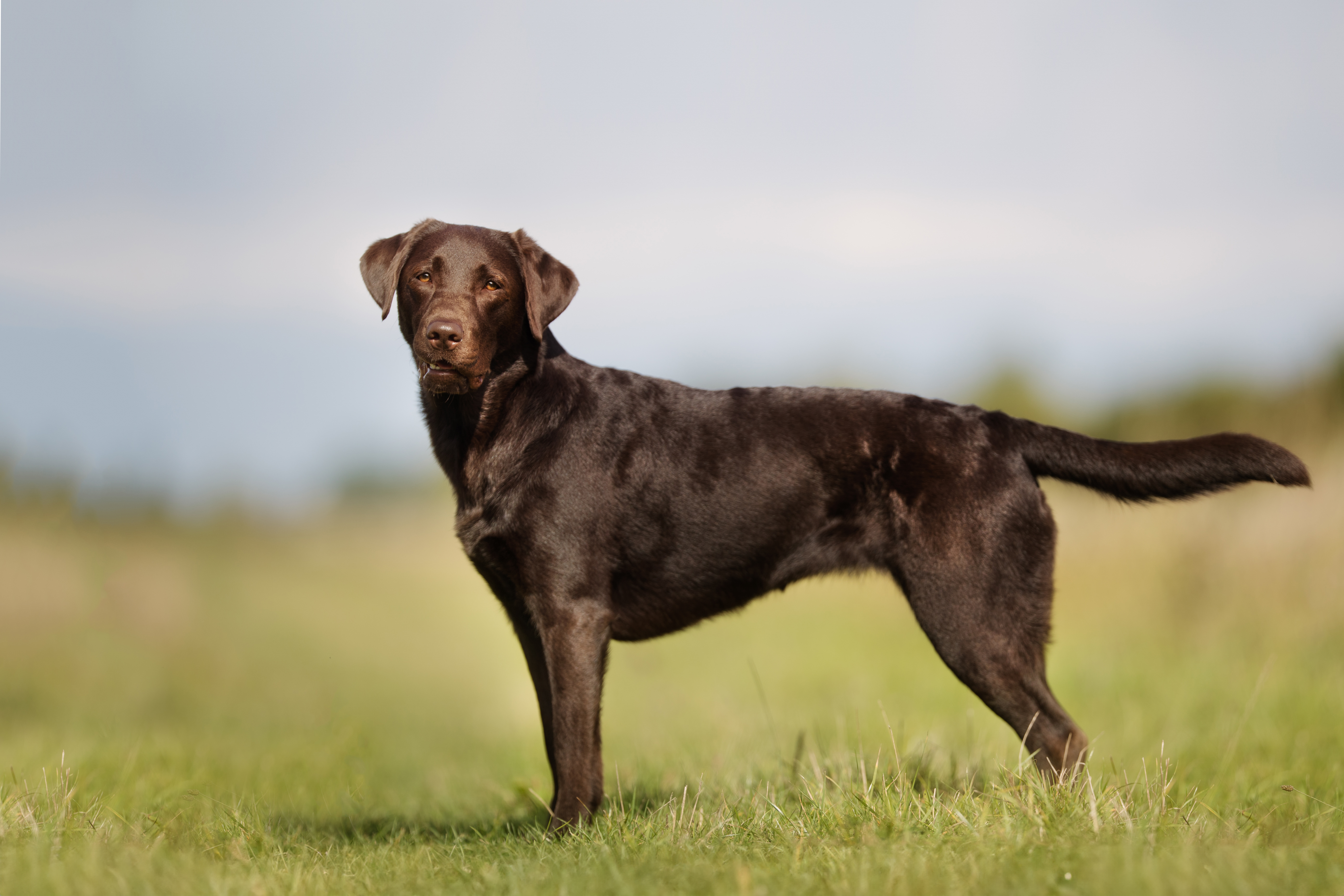Breed-Specific Dog Food
Written by Rianne |
If you've ever owned a dog, you'll know that every dog is unique. Dogs can have breed-specific characteristics, though, like joint or coat issues. To support these specific characteristics, Royal Canin has created special nutrition that meets the needs of individual dog breeds. Read all about breed-specific dog food in this article!

There are some characteristics that overlap within a specific dog breed. We can recognise a Dachshund by its long back, a Labrador Retriever by its large appetite, and a German Shepherd by its thick and long coat. Besides physical appearance, you can also group dogs because of breed-specific medical conditions like joint or digestive issues. For those breeds it can really help to get a special diet that contains all the nutrients they need to support their medical condition.
Royal Canin has a wide variety of breed-specific dog food, ranging from food for spaniels to German Shepherds. In case there’s no breed-specific food available for your dog, you can choose a size-specific dog food. There’s food for small, medium and large dogs, with each diet having a special formula or adjusted kibble size and shape. This way your dog will still be able to get the nutrition he or she needs.
If there is breed-specific food available for your dog, you might be wondering what’s so special about this type of food. That’s why we’ll explain what breed-specific dog food is and how your dog can benefit from it.



